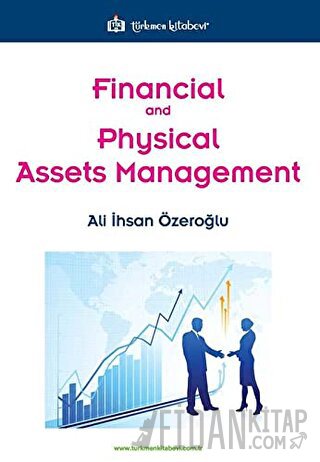
The debate over the proper method of managing financial and physical assets is not new to the finance literature, but it has become increasingly intense in recent years. So, “Financial and Physical Assets Management is intended for use in introductory finance course.
This book involves two parts:
1) Financial assets management,
2) Physical assets management.
On the other hand, “financial managements” refers to two basic concepts:
a) financial activities in capital markets,
b) financial activities in money markets.
The book mainly deals with money market operations at a firm level. The desired output of the book is to anable the reader to prepare financial tables,budgets,sales forecast and to do financial analysis and forth.
So, the book begins with a discussion of basic concepts, including working capital management, improving cash-flows, budgetary control, planning capital requirements, environment for financial decisions, financial analysis and planning, introduction to financial and physical asset management, policies and procedures, control and accountability, and depreciation. Within the chapters, it is explained how financial managers can help maximize their firms’ values by improving decisions in afore mentioned areas.
The debate over the proper method of managing financial and physical assets is not new to the finance literature, but it has become increasingly intense in recent years. So, “Financial and Physical Assets Management is intended for use in introductory finance course.
This book involves two parts:
1) Financial assets management,
2) Physical assets management.
On the other hand, “financial managements” refers to two basic concepts:
a) financial activities in capital markets,
b) financial activities in money markets.
The book mainly deals with money market operations at a firm level. The desired output of the book is to anable the reader to prepare financial tables,budgets,sales forecast and to do financial analysis and forth.
So, the book begins with a discussion of basic concepts, including working capital management, improving cash-flows, budgetary control, planning capital requirements, environment for financial decisions, financial analysis and planning, introduction to financial and physical asset management, policies and procedures, control and accountability, and depreciation. Within the chapters, it is explained how financial managers can help maximize their firms’ values by improving decisions in afore mentioned areas.











